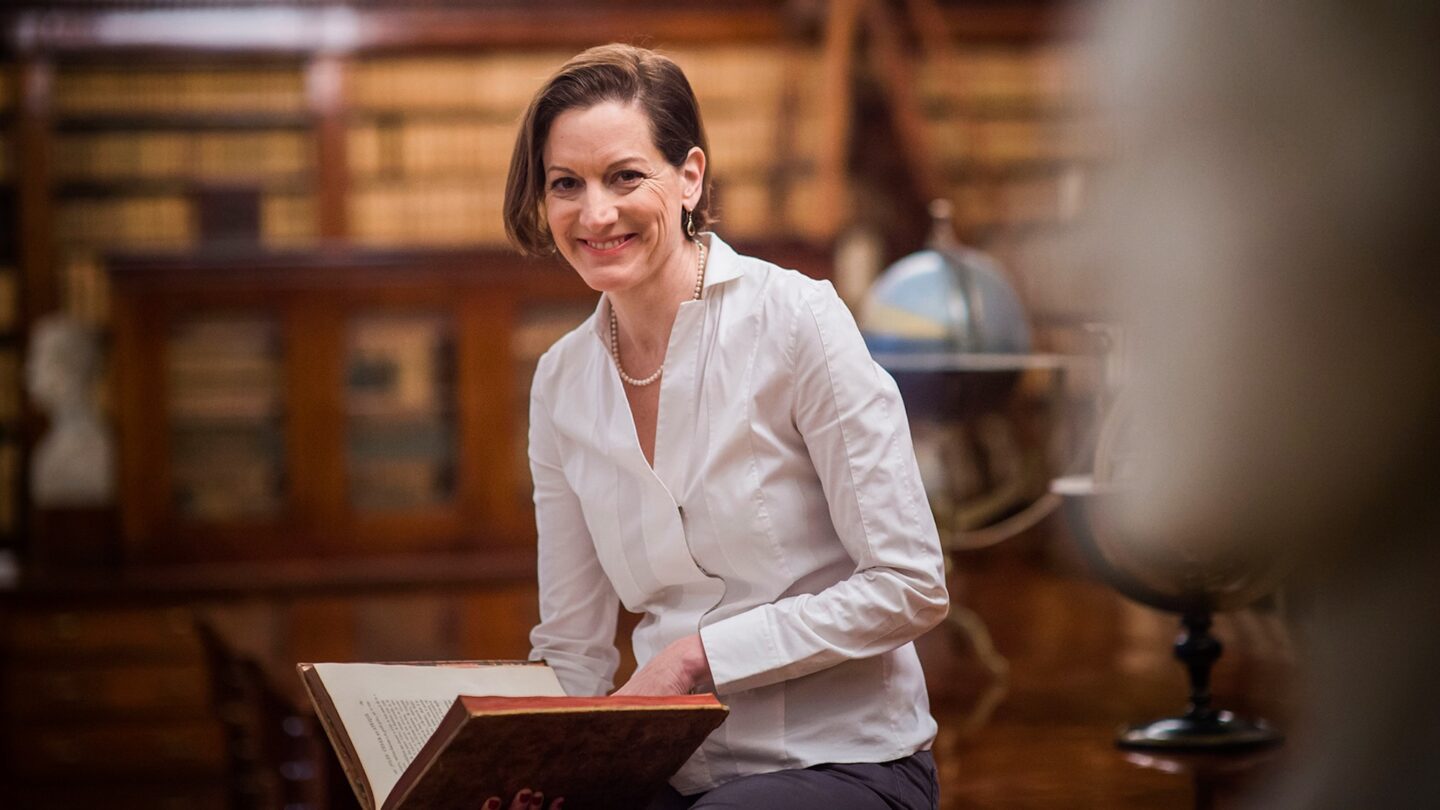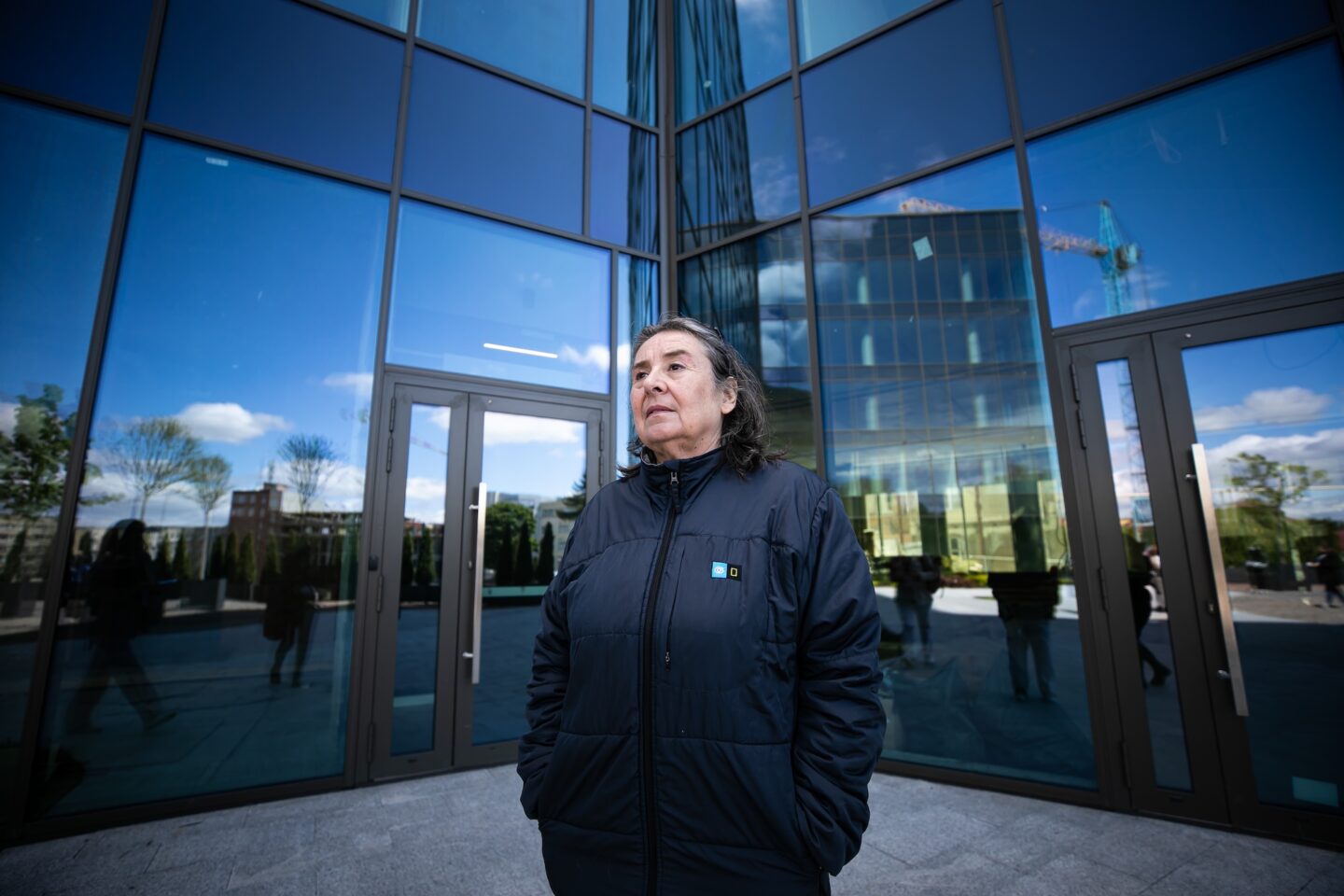Explaining the phenomenon of the war means understanding two things: why this war began (as in, why did Russia attack Ukraine) and why Ukraine will win.
My strong belief is this: the Russian aggression is conditioned by the fact that Russia is an empire. Imperialism almost always leads to war, since empires are maintained through force, so violence there is viewed as an acceptable and effective political instrument. In our case, Russia (the government and the people) views Ukraine as a rebellious periphery, which has been a subject of conquest before.
So, the current Russo-Ukrainian War is defined by the path dependence effect of all previous wars waged by Russia, and clashes with Ukraine in particular.
The start of the local aggression in 2014, as well as the full-scale invasion in 2022, forces us to think about the reasons for why Vladimir Putin gave such orders. The search for an answer would likely include an analysis of the personality of the Russian ruler (an attempt to look inside his mind, assess subjective factors) and an analysis of the current situation in Russia – a situation that made this aggression possible (a review of the objective factors).
We may suggest that Putin’s decision making was influenced by his anti-democratism (his KGB experience at the end of the 1980s – the programmed by the KGB disdain for people’s lives and the trauma from the collapse of the system) and criminal habits (who knows what happened to him the streets of Leningrad in his youth, but life in “the Bandit Peterburg” of the 1990s would leave a mark). There is no doubt that from the very beginning, he considered recruitment (bribery, kompromat) and violence as the best methods of reaching his goals—and, when he assumed the role of head of state, he continued using the skills he had gained before.
We shouldn’t also leave out Putin’s ukrainophobic idea about “one people” and “fake Ukraine.” Lastly, we should mention the role of Putin’s conspiratorial thinking about the world order as a whole and the recent history of Ukraine in particular—”drug-filled oranges” in 2004 and “Nuland’s cookies” in 2013. So, in the end, we can’t understand this war without analyzing the personality of the Russian leader.
However, I’m far from the opinion that Putin “evolved” from corrupt official to murderer—he was always like this (“Ryazan sugar,” “Kursk”), it’s just that Russians were not always privy to the execution of his plans.
This leads us to the search for the objective causes of the current war—how did Putin come to power, and why has the Russian society tolerated him for two decades; how did Russia go from the “hybrid” regime to almost “pure” totalitarianism; and, finally, why didn’t Russia attack Ukraine earlier, and what changed that had led it to attack now?
The answer is right in front of us—the Russian economy, army, and special forces have been strengthening incrementally, and if in the past smaller and weaker countries became victims of Kremlin’s aggression, this time it was Ukraine’s turn. Using our weakened state after the Revolution of Dignity, Russia attacked Crimea and the Donbas, and the full-scale invasion became the result of the path dependency effect from that decision. We should also remember the quite slow, but irreversible collapse of the “oil and gas addiction,” which the Kremlin was hoping to prevent through launching a war.
The Russian society, however, generally supported Putin’s actions (“the Crimea effect” as the answer to why the war first started on the peninsula). For empires, condescension (from chauvinism to racism) towards the colonies and peripheries (current and even former) is a classic feature, and this applies not just to institutions, but also to the majority of the ordinary citizens of the metropole.
Yes, the processes of decolonisation in the Third World can provoke deimperialization in the First, and we see that in the examples of Britain or France.
Of course, saying goodbye not just to the empire status (military or economic), but to imperial identity is not easy, and the remnants of everyday chauvinism and racism can haunt yesterday’s colonizers for a long time.
However, there is no way to deny this fact: “healing” is possible, and several nations are already on that path. But not Russia.
Many Russians still dream of empire, and Putin is trying to gift them USSR 2.0. How could they resist?
This can also explain the genocidal nature of the current invasion—the chauvinism and racism of the population (especially the soldiers) vis a vis Ukrainians, Putin’s personal ukrainophobia, and the predicted defeat in the war (had Kyiv fallen in three days, repressions would have been systemic, not chaotic). However, the main reason for Russian atrocities is the off-the-charts level of everyday violence in Russia itself (which is also a heritage of autocracy), which is being spilled over on Ukraine.
Let us now move on to the reasons for Ukraine’s victory. At first glance, we can give three answers to this question.
First of all, Ukraine turned out to be much stronger than Russia (and the world) had thought.
Second of all, Russia turned out to be much weaker than it (and the world) had thought. And, third of all, the world, despite Russia’s expectations and Ukraine’s anxieties, did not stay away and in the end strongly supported the victim of the aggression not just with expressions of deep concern, but with effective actions.
Every one of these answers can be broken into two (so there are six overall), and then combined into two blocks. The first: why did Russia make a mistake in evaluating Ukraine, itself, and the world? The second: a) why is Ukraine indeed stronger, b) why is Russia weaker, c) why is the world not as indifferent as previously thought?
The entire first block can be narrowed down to one question, and the answer to it will be obvious, even banal. All autocratic regimes sooner or later lose connection with reality, and Russia is no exception. The further they go, the less does the Fuhrer want to hear unpleasant things from the people in his circle. After 20 years of putinism, there are near zero smart people left in the Kremlin—they have been replaced by the loyal ones. So it’s futile to expect a clear-eyed perception of reality from them, let alone rational decisions. The people in the Kremlin have been lying about their strength, Ukraine’s weakness, and the world’s hypocrisy and helplessness for so long that they’ve started to believe in that themselves.
The answer to the second block is also on the surface. Russia’s weakness is a result of the combination of its weak and corrupt economy (yes, there’s money in the budget, but it’s earned by selling raw materials—Russia produces almost nothing on its own) and an autocratic regime that organizes the embezzlement schemes itself. The propaganda pretends that everything is as it should be, and any criticism will be met with a fine or a prison sentence.
The reasons for Ukraine’s resilience is a topic for a separate big research. One must begin at least from the question of why Ukraine is not Russia, and how that manifests. The answer should start in the historical context, from the denial of the “union” of Rus. The emphasis should be on the difference between Russia and Lithuania, and then the comparison between the Cossacks’ republican system of self-government and the Ukrainian national movement, and the Russian imperialism, ending with the differences of the 20th century: Yeltsyn shot at the parliament from tanks, while Kravchuk peacefully transferred power to Kuchma.
The Ukrainian historical path has often run parallel to the Russian one, but has never fully merged with it. In the end, the sum of those differences has given Ukraine the chance not only to break away from Russia, but to also build an alternative, a fully capable model which has demonstrated the necessary amount of stability in 2022.
On the one hand, the inherent democratism of the Ukrainian people was what helped mobilize the entire society for the fight (the defense of the common home is the common business of all residents). On the other hand, we were lucky enough to have 30 years of development of state institutions which did not allow the society to fall into anarchy and warlordism.
It’s also important not to forget that there have been many cases in history when progressive and humane societies fell victim to aggression of larger, brutal neighbors. The fact that Ukraine has not only managed to stabilize the front, but is advancing, and did not lose more territory and transition to partisan warfare, has an explanation. It lies not only in our strength and the weakness of our enemies, but also in the support of the West.
For the first time within the last century, the leading countries of the world didn’t stay indifferent, and bet not on Russia, but on Ukraine.
The question of why the West has finally woken up also needs a detailed answer.
Most likely, the limit of concessions to aggressive autocracies is a finite measure, so sooner or later, in place of the Chamberlains come the Churchills.
Also, the downside from Russia’s actions has finally superseded the advantages of cooperation with it. However, if Ukraine had surrendered or did not manage to withstand the invasion in the first months, the West would not have supported it. The deep concern and sanctions would have been it. So this problem should also be looked at complexly.
In any case, all these conclusions are open to discussion. Maybe I’m wrong not just about some specific answers, but about the entire conceptual framework. That means that the questions about the Russo-Ukrainian war must be formulated differently. But I’m certain about one thing: we definitely need to have this conversation, because no one can explain better than us why Russia will lose, and Ukraine will win.
We don’t want outsiders answering our fundamental questions once again, do we?
Serhii Hromenko, Candidate in Historical Sciences, director of the program of historical and cultural policy at Ukrainian Institute for the Future, author of the book Why Ukraine Will Win
Translation — Liubov Kukharenko
Illustration was created using Midjourney neural network
§§§
[The translation of this publication was compiled with the support of the European Union and the International Renaissance Foundation within the framework “European Renaissance of Ukraine” project. Its content is the exclusive responsibility of the authors and does not necessarily reflect the views of the European Union and the International Renaissance Foundation]





